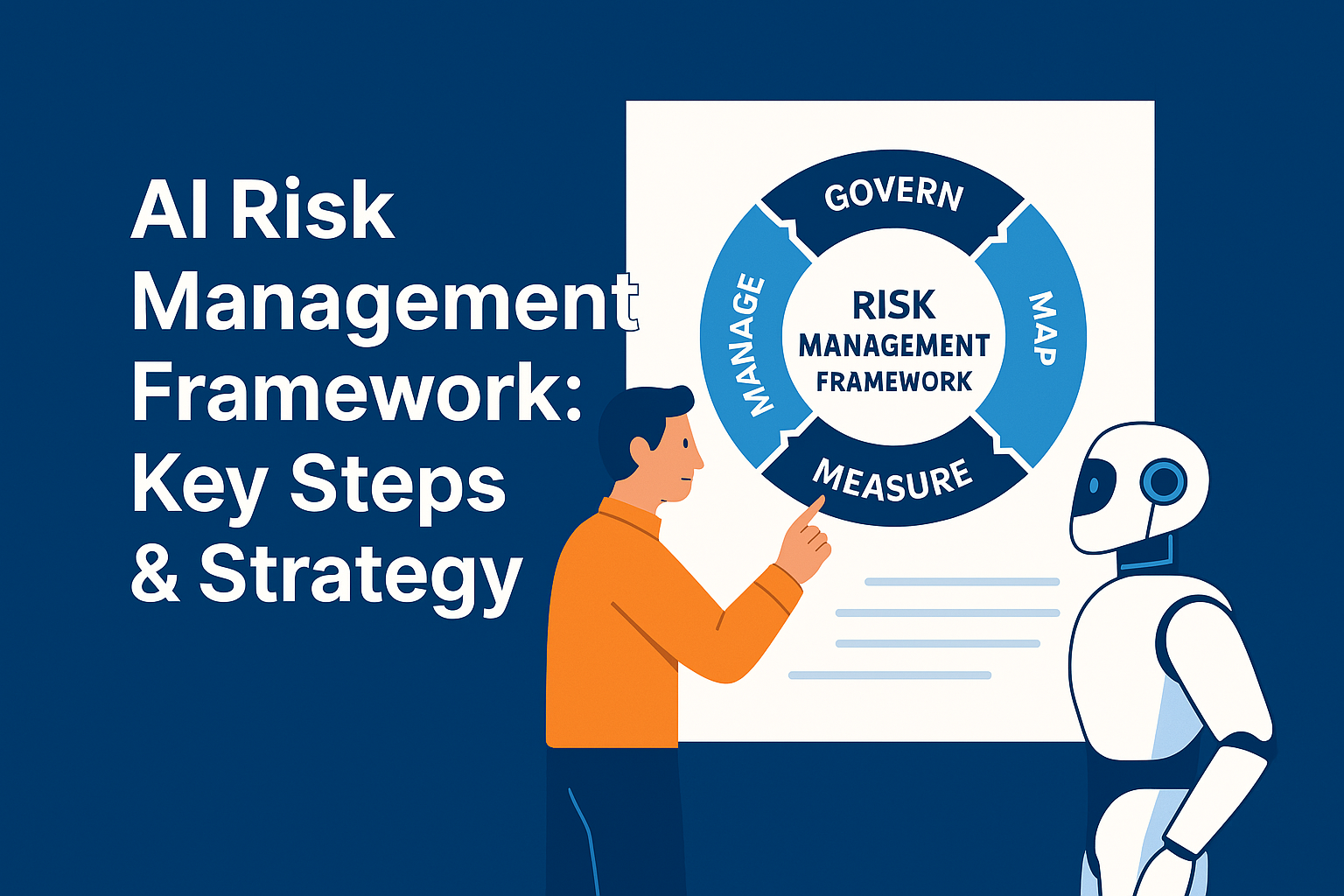AI-Generated Podcasts: What They Are and How to Get Started
AI-generated podcasts are a new frontier, enabling creators to produce high-quality audio content with minimal resources. From scriptwriting to voice...
How to start learning AI: A beginner’s guide covering AI basics, no-code tools, and simple projects to help you get started in AI.
Artificial Intelligence (AI) is revolutionizing industries from healthcare to finance, and its impact is everywhere—from social media to customer support chatbots. With demand for AI skills rising, many people wonder, “How do I start learning AI?” This guide provides a clear, beginner-friendly path that doesn’t require a technical background, just curiosity and a willingness to learn. Whether your goal is career advancement or personal knowledge, these steps will give you a strong foundation in AI.
Start with a high-level understanding of AI, which involves creating systems that perform tasks usually requiring human intelligence, like recognizing images, processing speech, or making decisions. AI powers tools you use daily, like Google’s search algorithms, Netflix’s recommendations, and even your phone’s voice assistant.
Recognizing how AI appears in these contexts will make learning less abstract. Many courses and resources begin by explaining these common applications before moving into more technical details. This makes it easier to connect what you’re learning with real-life examples.
Why are you interested in AI? Your motivation can guide your learning approach and the topics to focus on. For example:
Knowing your goals can also help you decide on the depth of study. Career-focused learners may need more technical courses, while personal learners can begin with AI concepts that don’t require programming.
The best way to start is with a beginner course. Many platforms offer AI courses tailored for newcomers, including options that require little to no coding experience. Here are a few recommendations:
These courses introduce core AI concepts, including machine learning, natural language processing, and deep learning. Most courses let you work at your own pace, making it easy to balance learning with other commitments.
While not essential, knowing some programming—especially Python—can be very useful if you want to delve deeper into AI. Python is the most popular language for AI because it’s user-friendly and has extensive libraries for AI tasks. If you’re new to coding, start with basic Python skills, focusing on variables, data types, and functions.
Resources like Codecademy, freeCodeCamp, and Coursera offer Python courses for beginners. Many tutorials include hands-on exercises, which reinforce learning. Don’t feel pressured to master Python before proceeding; even a basic understanding will be helpful as you explore AI tools.
If coding feels intimidating, no problem—many no-code and low-code AI platforms let you create AI applications without needing extensive programming knowledge. Tools like Integrail Studio allow users to design, build, and deploy AI solutions with a visual interface. You can try building a basic chatbot, setting up an image recognition tool, or exploring how recommendation engines work, all without writing code.
These no-code platforms often provide templates and guided projects, making it easier to understand AI’s mechanics. Integrail Studio, for example, offers templates for creating chatbots, customer support agents, and other practical AI tools, making it a great option for beginners to experiment and learn.
Learning is easier with others, and joining a community can provide encouragement, ideas, and troubleshooting help. Online communities include forums like Reddit’s r/learnmachinelearning, Stack Overflow for coding help, and LinkedIn groups focused on AI. These spaces allow you to ask questions, find project inspiration, and connect with people at various stages of learning.
Engaging with a community also introduces you to real-world applications of AI and can lead to valuable networking opportunities. Beginner-friendly project ideas are often shared in these groups, so they’re a good source of inspiration if you’re unsure where to start.
Applying your knowledge is crucial to truly understanding AI, and small projects are perfect for beginners. Here are a few project ideas to consider:
Each of these projects can be done with minimal technical skills, and many platforms offer tutorials to guide you step-by-step. Starting with small, tangible goals makes AI more accessible and provides a sense of accomplishment.
AI is a fast-evolving field, with new advancements and tools emerging regularly. Following AI news and resources helps keep your knowledge fresh and inspires new project ideas. Here are some simple ways to stay current:
Staying informed allows you to gradually deepen your AI knowledge and gives you ideas for future projects or areas of interest.
Starting your AI journey doesn’t require an advanced technical background. With a clear goal, beginner-friendly resources, and small practical projects, you can build a solid foundation in AI. By learning at your own pace, experimenting with no-code tools, and connecting with others in the field, you’ll develop valuable skills and a better understanding of this transformative technology. So, start with these simple steps, stay curious, and enjoy exploring the world of AI!

AI-generated podcasts are a new frontier, enabling creators to produce high-quality audio content with minimal resources. From scriptwriting to voice...

Artificial Intelligence (AI) chatbots are reshaping how businesses, educators, and individuals interact with technology. From answering customer...

As AI adoption scales across industries, the need for structured risk oversight is no longer optional—it’s critical. Enterprises are deploying AI...
Start your journey with Integrail

Try AI Studio by Integrail FREE and start building AI applications without coding.

NEW White Paper: Discover how AI Studio accelerates your workflows